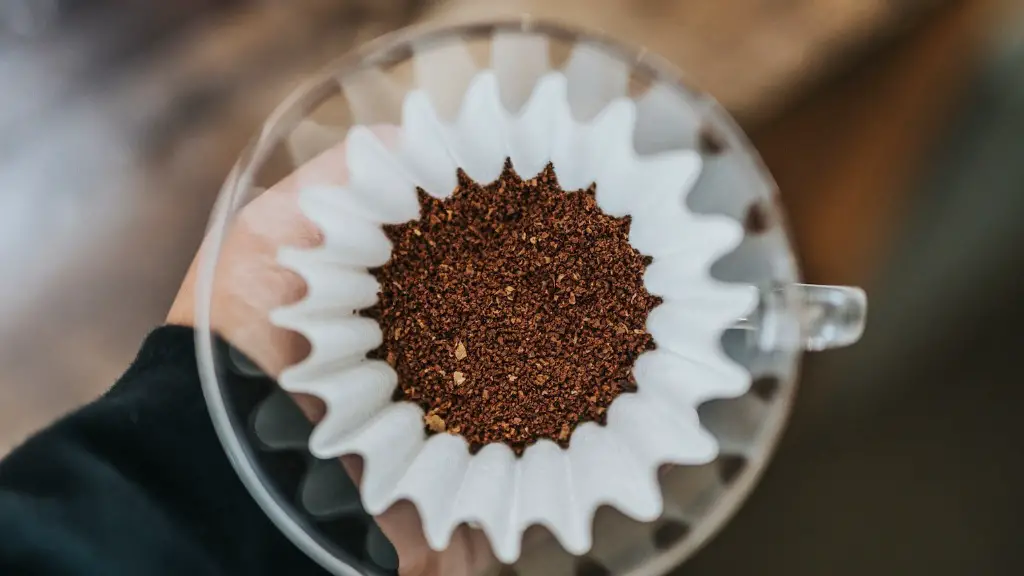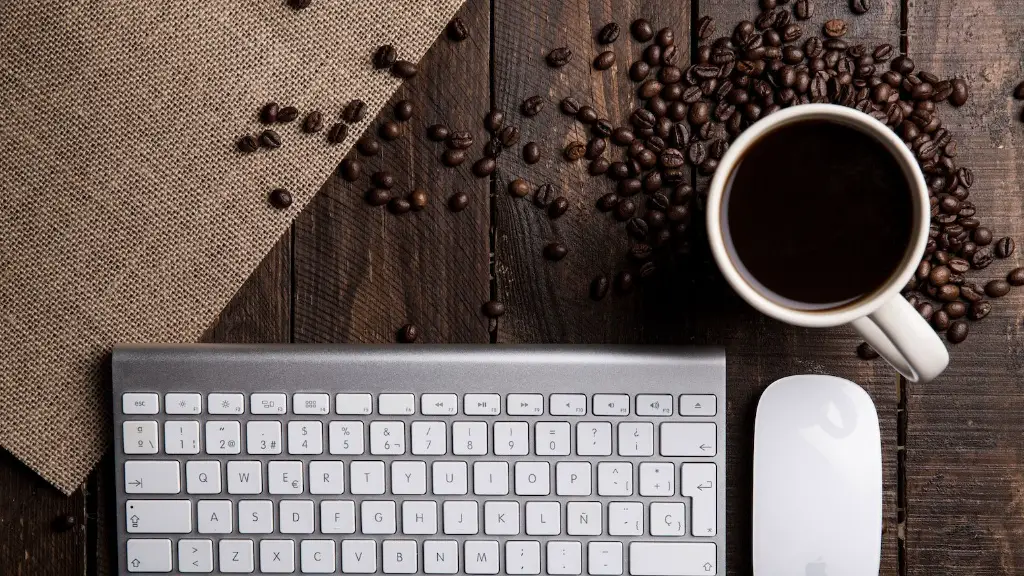Drinking Coffee After Bariatric Surgery
Bariatric surgery is a serious medical procedure. It is used as a final effort to help patients who are dangerously overweight to reach a healthy and sustainable weight. One of the many questions people have after such a surgery is whether or not it is safe to drink coffee, a popular beverage. This article will discuss the risks and benefits of drinking coffee after bariatric surgery and provide perspectives from experts.
Drinking coffee, whether decaffeinated or caffeinated, after bariatric surgery is safe in moderation. Caffeine is a stimulant that can produce various positive effects on the body, such as increased energy and alertness, feelings of relaxation (in some individuals), and enhanced performance during physical activities, among other benefits. As such, it is not an unhealthy beverage and can be consumed after a gastric bypass or sleeve gastrectomy.
However, it is important to understand that drinking too much coffee or caffeine can have a negative impact on the body. The effects can include elevated heart rate and blood pressure, as well as feelings of restlessness and anxiety. Coffee can also interfere with the absorption of certain medications and vitamins, including iron, which can be especially problematic for people who have had bariatric surgery.
In addition, bariatric surgery can alter the taste of coffee, making it harder to drink in the first few weeks after the procedure. They may experience unnecessary bloating, nausea, vomiting, cramping, and other stomach-related symptoms. As with any drink, it is important to stay hydrated after bariatric surgery while also limiting stimulants such as caffeine.
Experts suggest that it is best to wait until three months after surgery to reintroduce caffeinated beverages into one’s diet. The amount of coffee and caffeine should be tailored to the individual’s needs and desires, as some people may be more sensitive to the effects of caffeine than others. It is also important to note that decaffeinated coffee can still contain trace amounts of caffeine, so it is wise to consult with a dietician or nutritionist prior to consuming coffee or any other caffeine-containing beverages.
Altering Taste After Surgery
For individuals who have recently undergone bariatric surgery, coffee may taste differently due to the changes in their gastrointestinal tract. Individuals may experience a decrease in the taste for coffee, as well as a decreased sensitivity to bitter taste. The stomach and intestines have to heal after the surgery and can take time to adjust to the taste of coffee.
In addition, individuals may find that they still crave sugar after the surgery, which can make coffee hard to drink. Some individuals may compensate by adding sugar and/or cream to their coffee, which can add unneeded calories and make it more difficult to maintain a healthy weight. Sweeteners that are low in calories and carbohydrates are available, but it is important to note that these products often contain artificial ingredients and can have negative effects on the body.
Alternative Drinks
Individuals who are apprehensive about drinking coffee after a bariatric surgery can instead opt for other low-calorie, caffeine-free alternatives. Options include herbal teas, which contain polyphenols and other antioxidants that can aid in digestion and weight loss. Additionally, green tea is a good choice due to its stimulant-like qualities, which can help to boost metabolism.
Water is always a safe option, as it is calorie-free, has no caffeine, and helps to keep the body hydrated. Individuals should aim to consume at least 64 ounces of water per day in order to remain hydrated. Other calorie-free drinks, such as sparkling water, can help to reduce sugar cravings while adding flavor and variety to one’s diet.
Nutritional Supplements
Additionally, after bariatric surgery, individuals may experience deficiencies in certain nutrients and vitamins, such as iron. To compensate, individuals may need to take nutritional supplements to prevent these deficiencies, but before doing so they should consult with a doctor or dietician. Studies have shown that iron supplements can be taken in conjunction with coffee, but individuals should be aware that the iron supplement can interfere with the caffeine absorption. This can cause a reduction in the effect of the stimulant, so moderation is key when combining supplements and coffee.
Coffee and Weight Loss
Coffee is often marketed as a weight-loss product due to its ability to increase metabolism and boost energy levels. Studies have indeed found that drinking coffee can lead to a reduction in appetite and an increase in calorie burning. Additionally, caffeine can help to decrease food cravings, making it easier to stick to a healthy diet. However, it is important to note that while coffee can be beneficial in aiding with weight loss, it should not be consumed in excess.
In order to optimize the effects of coffee, individuals should try to limit their consumption to 400 milligrams a day, and be aware of the potential side effects of drinking too much caffeinated coffee or other beverages. Additionally, individuals should stay away from highly processed forms of coffee, such as pre-sweetened flavored coffees, as these can contain added sugars, fats, and other unhealthy ingredients.
Unintentional Weight Gain
Individuals who have undergone bariatric surgery may also be at risk of unintentionally gaining weight if they are not closely monitoring their caffeine consumption. Caffeine is considered to be a diuretic, meaning that it can cause dehydration and an increase in fluid retention. This can, in turn, lead to an increase in weight, as the body is storing more water than it would without caffeine. Additionally, caffeinated beverages can sometimes contain hidden sugar, which can also lead to weight gain.
For those who are concerned about their weight gain, it is important to monitor caffeine consumption closely and opt for low-calorie, sugar-free alternatives whenever possible. Additionally, individuals should be aware of the potential dangers of drinking too much caffeine and should be mindful of the amount of caffeine they are consuming on a daily basis.
Potential Side Effects
While coffee can provide a number of benefits, it is important to be aware of the potential side effects. Too much caffeine can cause headaches, irritability, nausea, restlessness, and insomnia. It can also lead to an increased heart rate and blood pressure, which can be especially risky for those who have undergone bariatric surgery. Additionally, coffee can interfere with sleep patterns, so experts suggest that individuals should avoid consuming coffee late in the evening.
Additionally, coffee can affect the body in different ways than intended. For example, it is possible that coffee can reduce hunger and appetite while also increasing appetite. When this happens, individuals may find themselves in a vicious cycle of craving food and then feeling satiated shortly afterwards, even after eating just a small amount of food. Therefore, it is important to be mindful of one’s cravings and ensure that they are consuming enough nutrients and calories throughout the day.
Conclusion
It is safe to drink coffee in moderation after bariatric surgery, as long as individuals are aware of the potential risks and side effects. While coffee can provide a number of benefits, such as increased alertness and performance during physical activities, it is important to limit consumption to 400 milligrams a day, or opt for low-calorie, caffeine-free alternatives, such as herbal teas or sparkling water. It is also essential to take nutritional supplements to prevent deficiencies and be aware of the potential side effects of drinking too much caffeine, such as headaches and increased heart rate. Ultimately, it is important to understand the risks and benefits of drinking coffee after bariatric surgery before consuming it and always consult with a doctor or nutritionist before making any changes to one’s diet.



